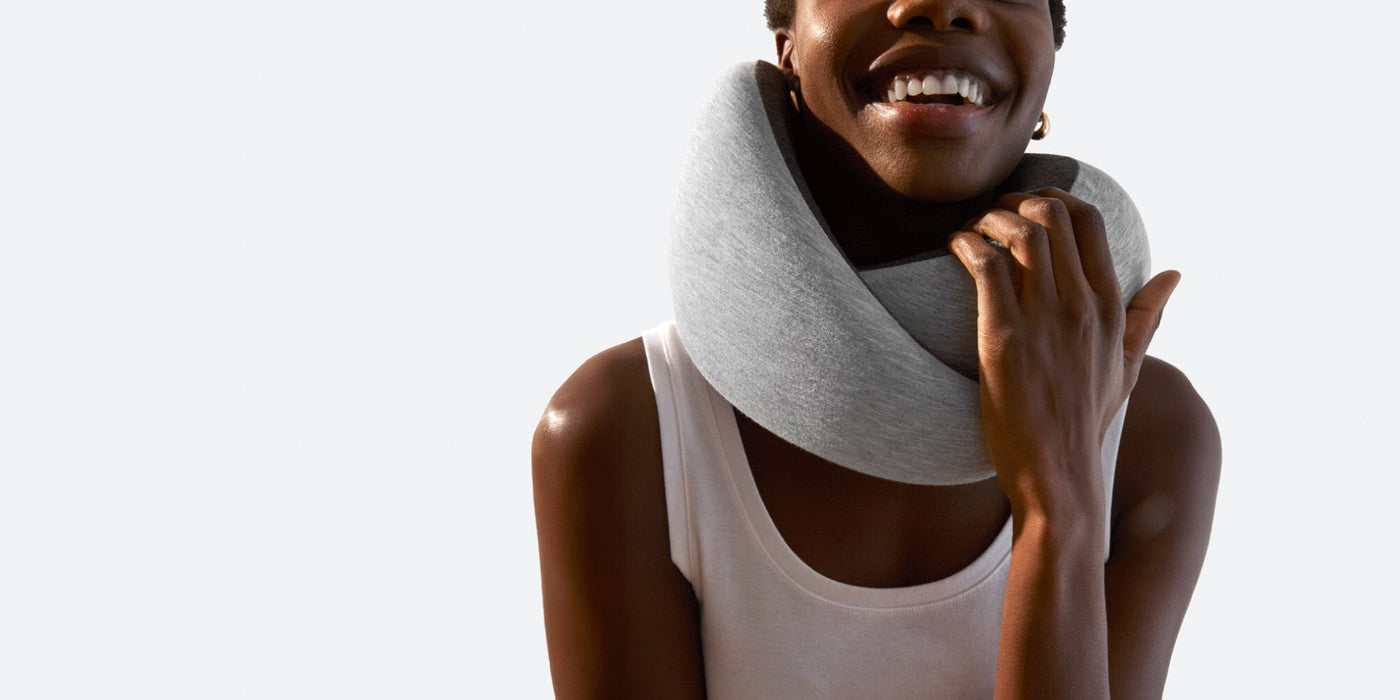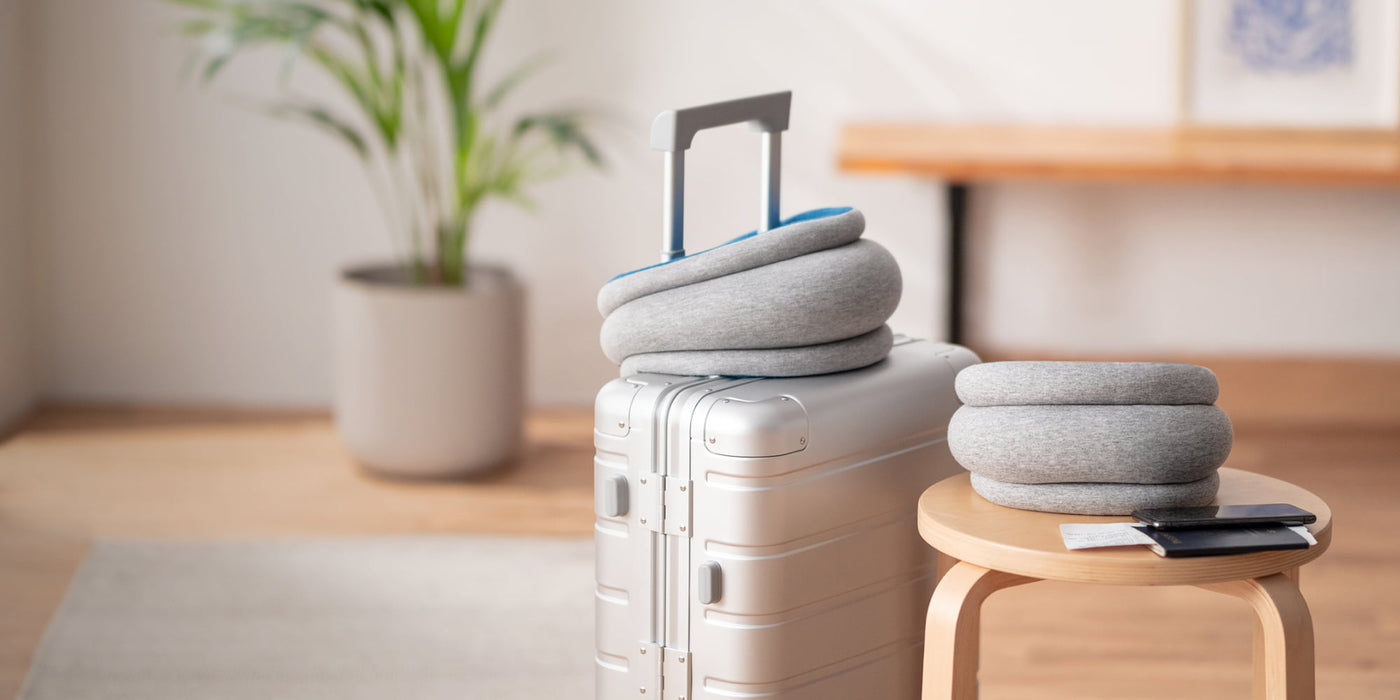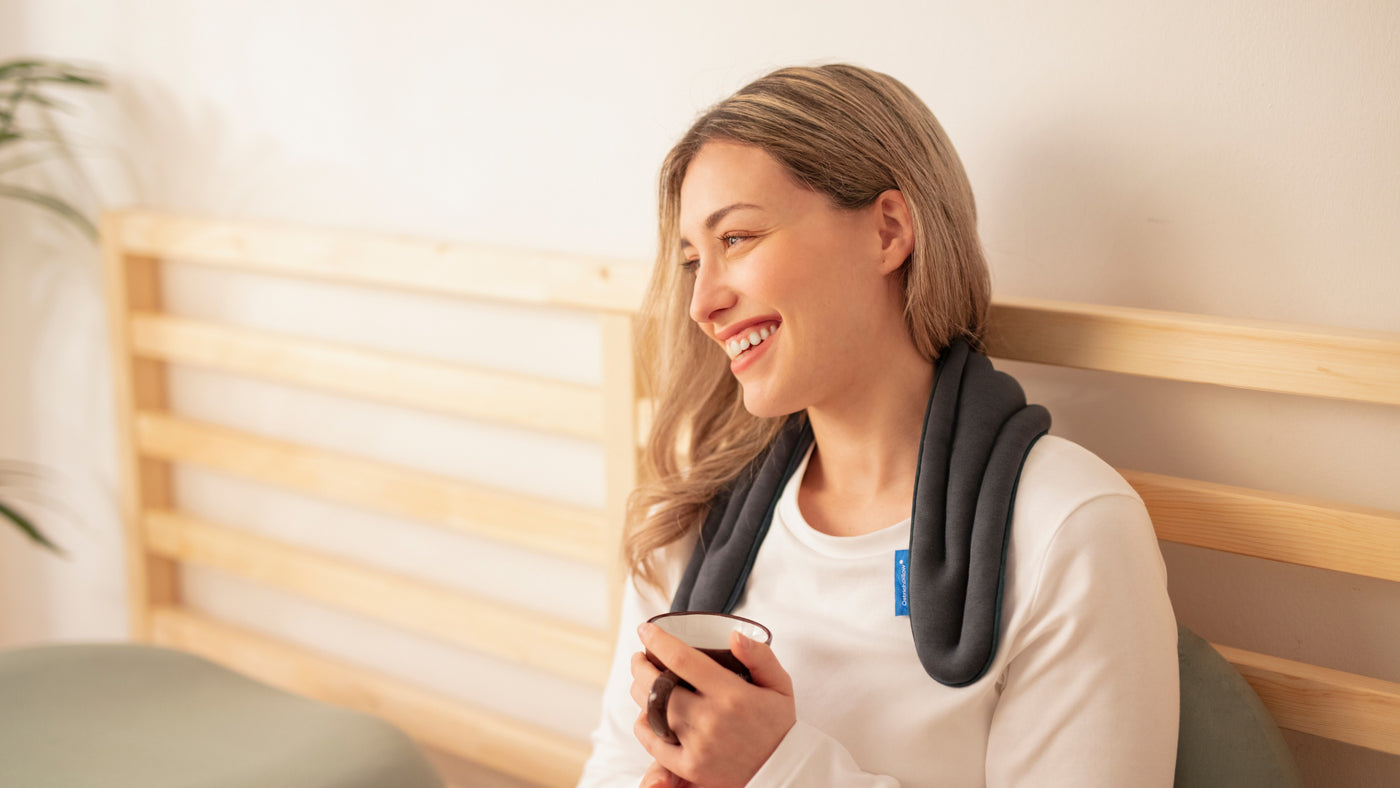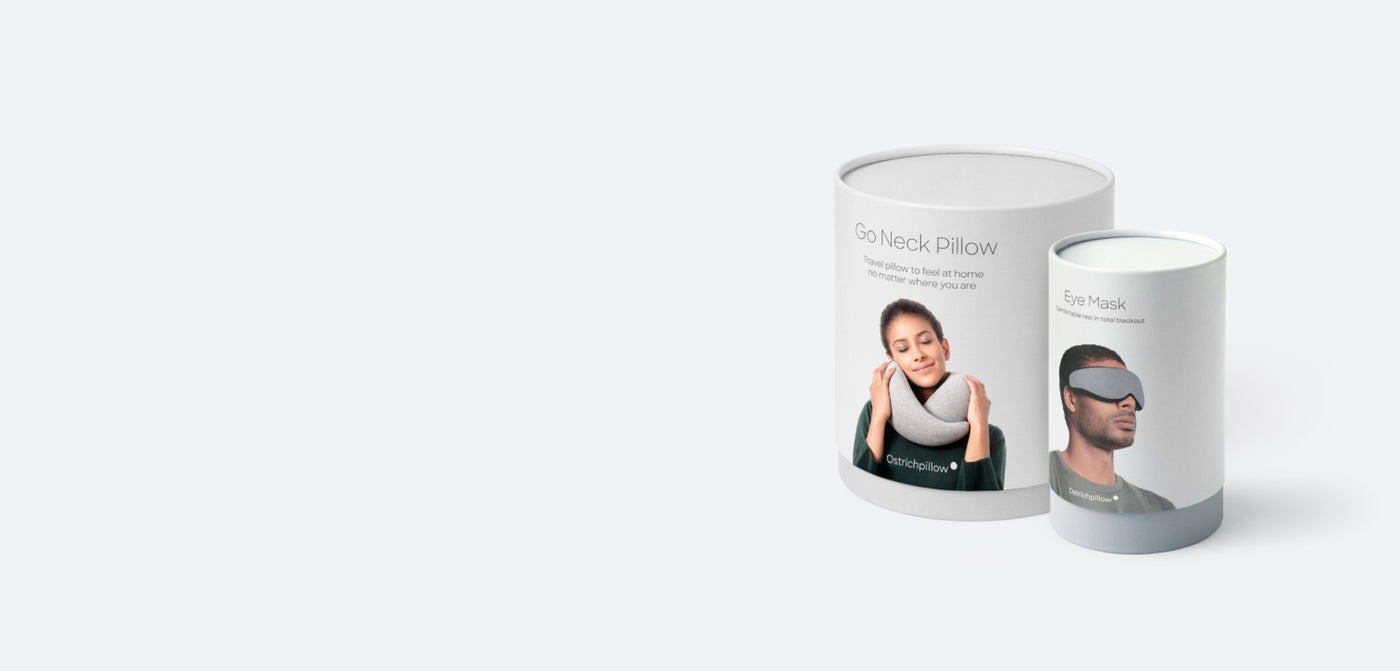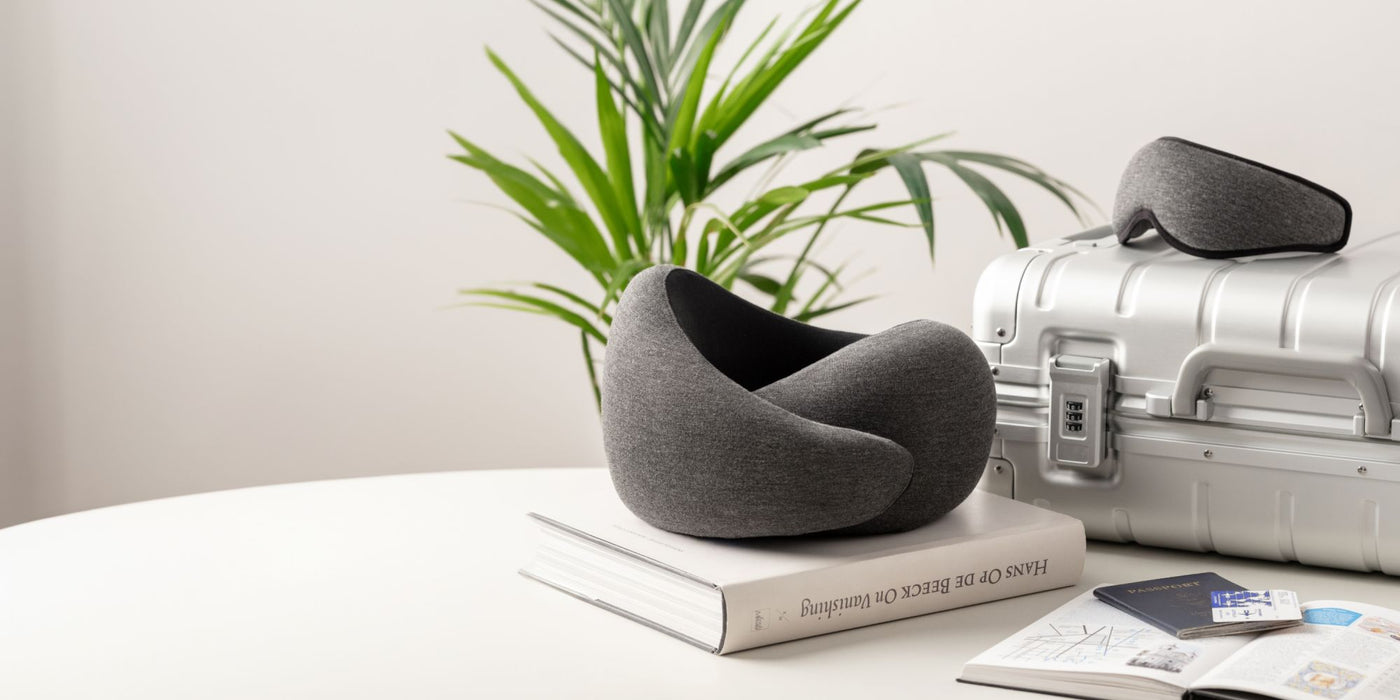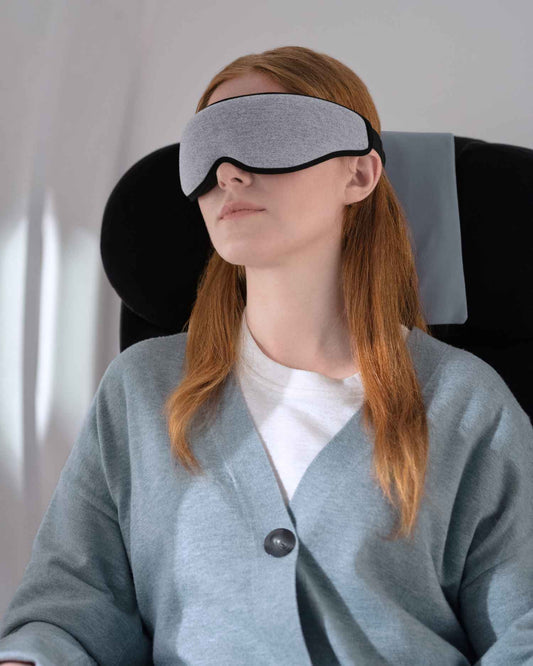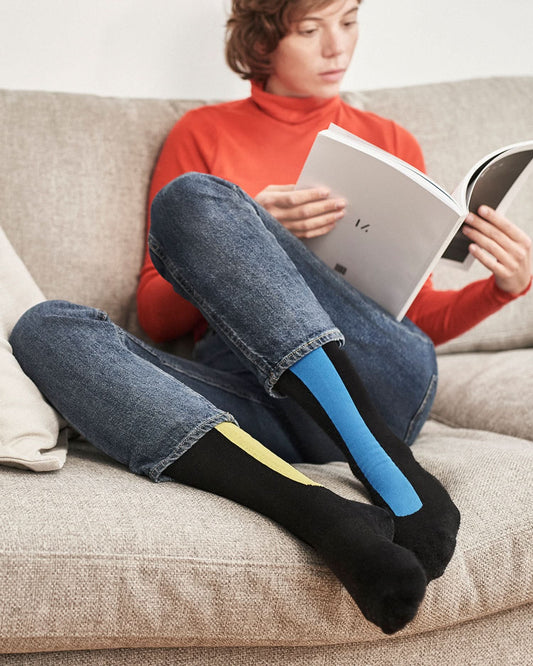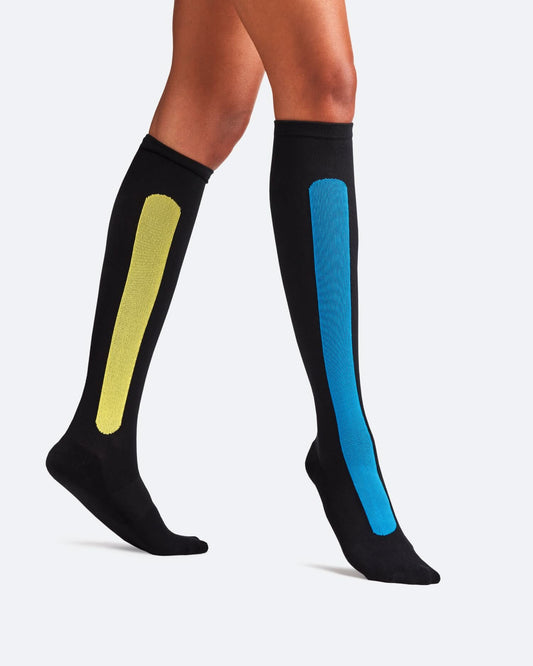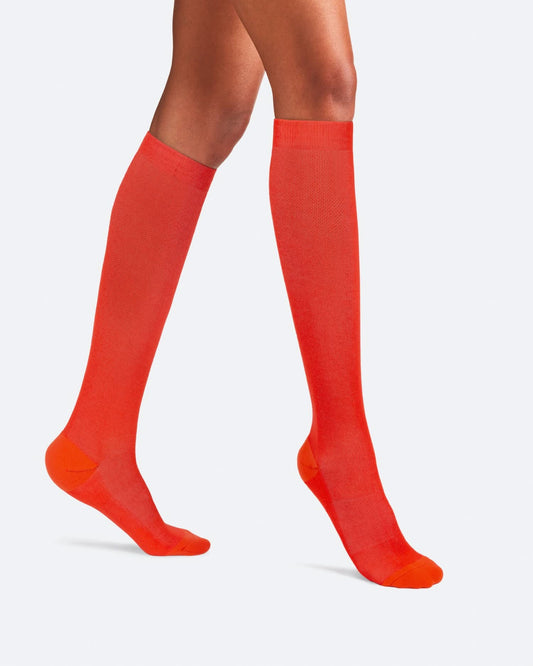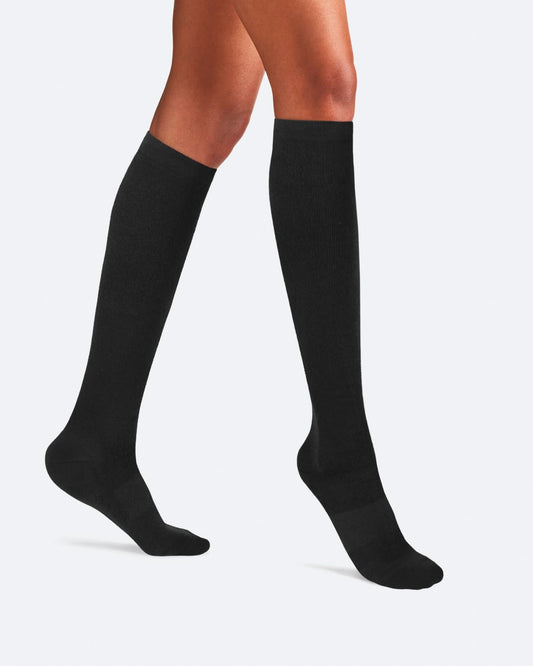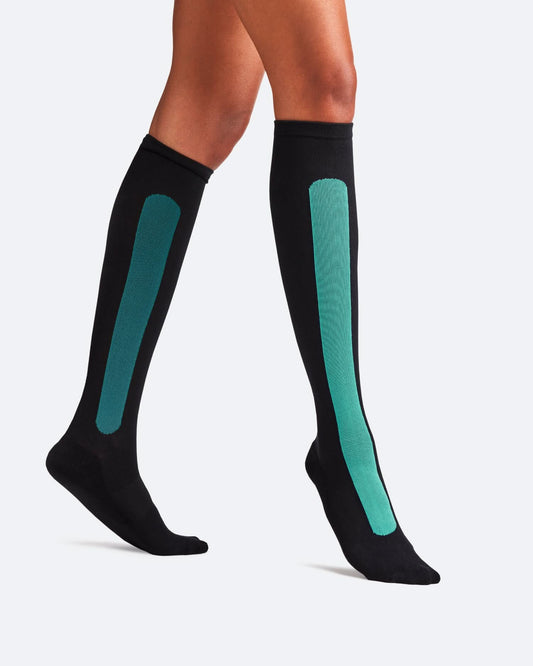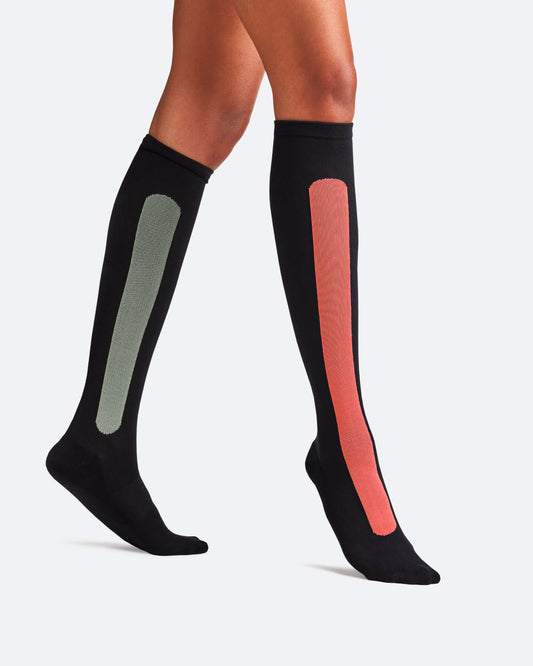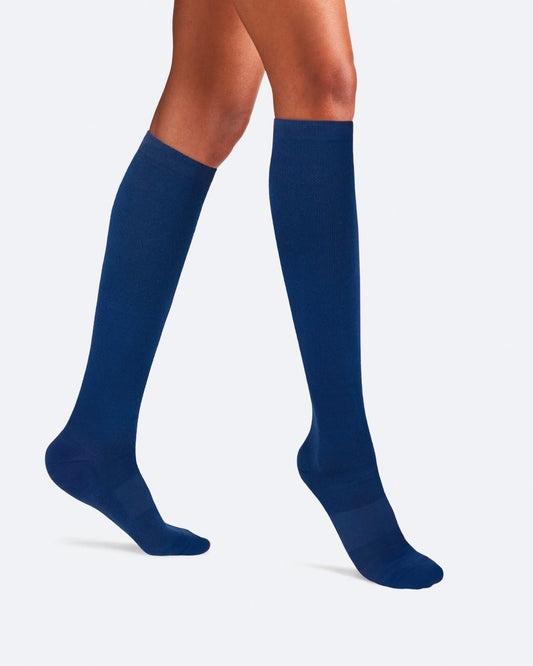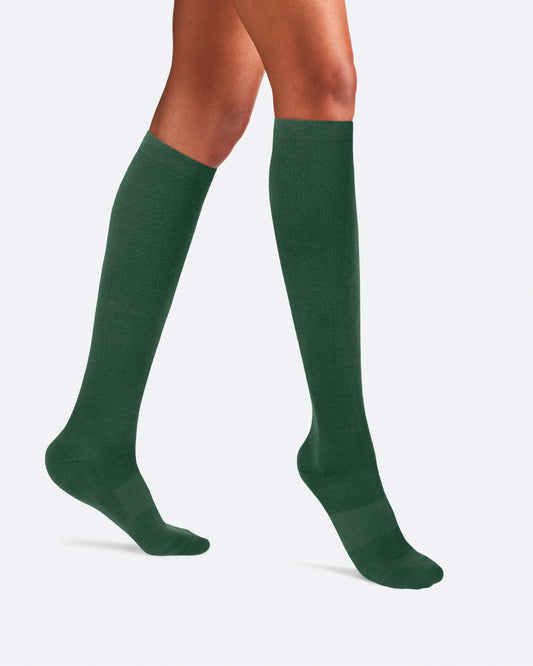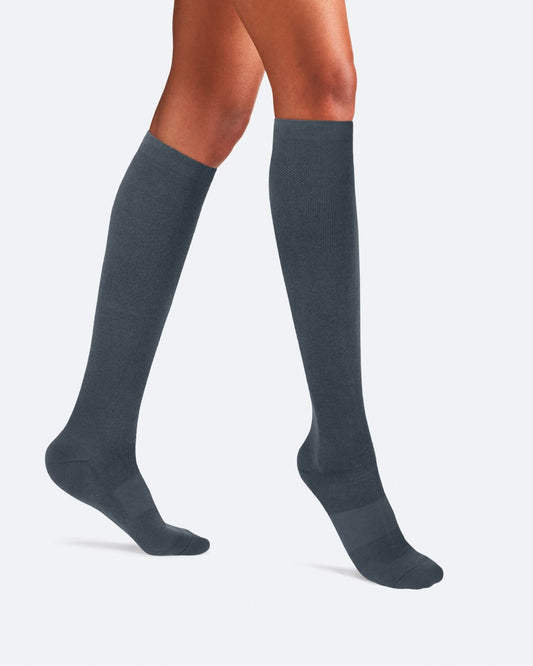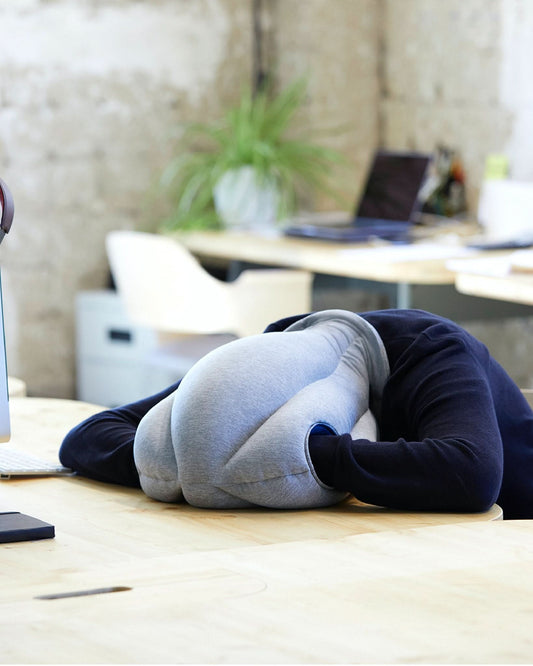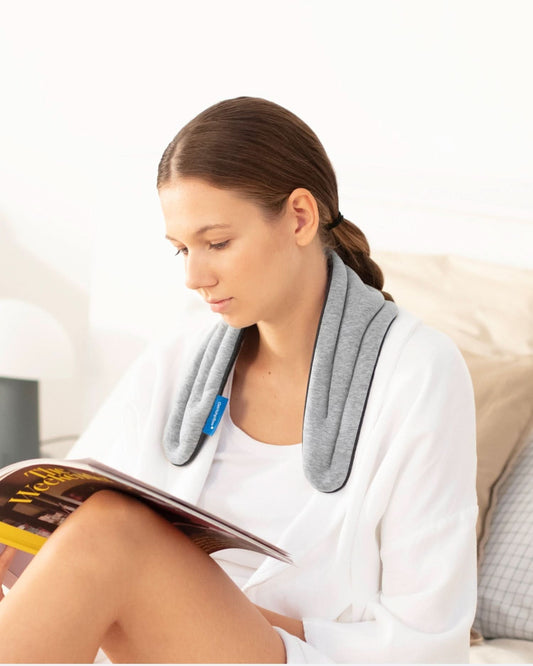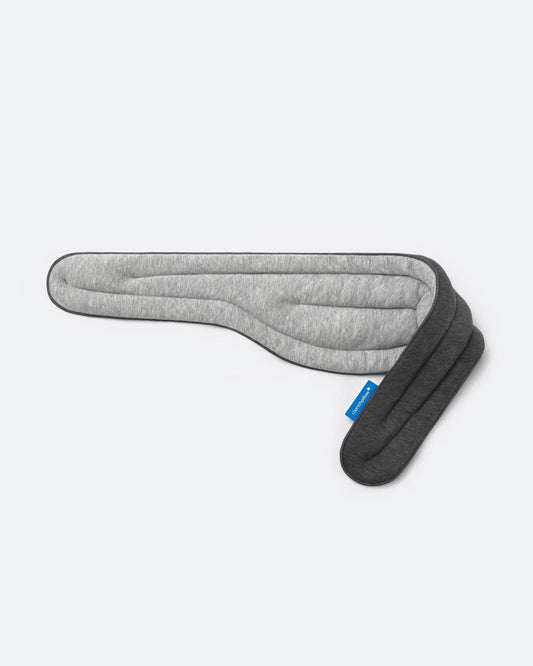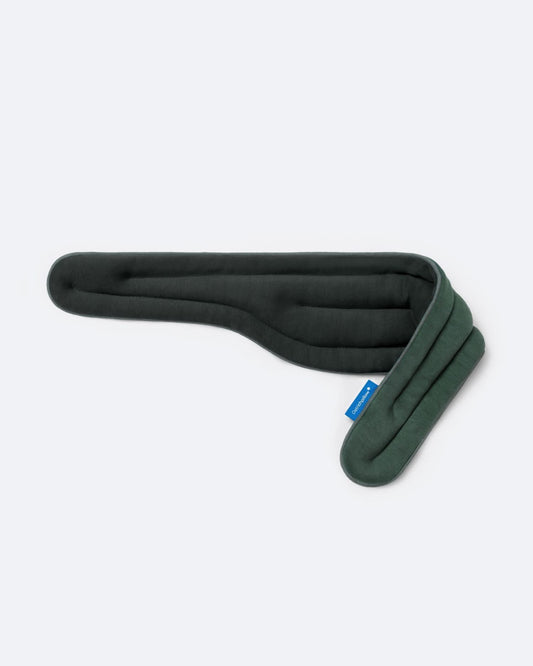
Sleep quality, patterns, and duration may vary among countries, but one thing’s clear: people still aren’t getting enough sleep. Losing just one or two hours of sleep per night can have the same impact on motor and cognitive functions as going without sleep for a full day or two.
Sleep crisis
According to the 2020 Philips Global Sleep Survey, nearly two thirds of adults worldwide feel that they don’t sleep well when they go to bed, with worry and stress reported as the most limiting factor to a good night’s sleep (33%). This might come as no surprise when you consider the primary factors contributing to the growth in sleep aids: the rising age of the population; growing rate of obesity globally; changing lifestyles; and increased number of people experiencing mental health issues.

Soft solutions
A growing awareness in the treatment of sleep is one reason why the global market for sleep aids and technologies is rising at a compound annual growth rate (CAGR) of 5.1%. Interestingly, ‘hard’ solutions for sleep (pills, powders, drinks, concentrates, emulsions etc) are being outperformed by ‘soft’ solutions.
These refer to anything that is not ingested by the end-user, such as apps, wearable technology, smart beds, pillows and mattresses, and other external monitors and devices. Furthermore, overall, growth looks promising in the sleep industry with connected sleep technology that integrates artificial intelligence, speech recognition and advanced analytics.
Sleep apps
While sleep is often the first to be neglected with people’s hectic schedules, there are more soft solutions becoming available. One area that is experiencing growth is sleep-tracking apps that promise to help people establish a more ingrained rhythm for their body clock and help their brain better prepare for sleep.
SleepScore for example allows people to set sleep goals and gives actionable advice for reaching them. It also provides detailed sleep-stage data and tracks and records sleep accurately for the long term and helps people create a path toward improvement. Sleep Cycle on the other hand uses clean graphs to let people easily see general sleep patterns trends, as well as smart-alarm sounds and lulling sounds so that getting up and going to bed both feel a lot more pleasant.
However, while apps can help limiting screen time at least 30-60 minutes before sleep is something consumers are aware of, but rarely do. New research in the journal Sleep showed that the majority of Italians (92%) reported an increase in electronic device usage at bedtime during the 2020 lockdowns, and these respondents all had an increase in insomnia issues, shorter sleep times, later bedtimes, and later wake times.

Advanced bedrooms
Setting the bed for success is critical on top of keeping one’s bedroom cool and dark. Miami-based next-generation sleep tech company Eight Sleep is expanding into Europe in a bid to “fuel human potential through optimal sleep”. The Pod Pro Cover, which can be fitted over any double and king mattress up to 40cm in height, enables its user to create a personalized microclimate in bed. Health-grade sensors and AI learning allow the innovative smart cover to adapt to sleep patterns and the ambient climate to give its user a better night’s rest. Eight Sleep also recently launched SleepOS, the world’s first operating system for sleep optimization that will give users invaluable insights on key health metrics.
Meanwhile, independent fragrance label Scent by SIX is launching a scent collection to promote enhanced sleep quality. Following its recent shift towards mental health as a core brand focus, the Sleep Returns collection was developed in partnership with aroma technology company Takasago.

Recuperative hotels
Meanwhile, hospitality companies are also capitalizing on the rise in sleep ‘debt’, as more people accumulate less and less sleep over time and require recuperative experiences to reset sleep balance.
The new Equinox hotel in NYC is a temple for total recuperation experiences in the bedroom. Designed with performance and regeneration in mind, the space is an oasis: dark, quiet, and cool. AM and PM Rituals leave guests primed to perform in ways they never thought possible. With a high-grade STC (Sound Transmission Classification), each room is a quiet, calming chamber for truly restorative rest.
Restful Realities is one of the 5 Self-Care Trends for 2022 identified by Ostrichpillow and Tom Savigar, founder of Avansere, to offer what we all need most at this unique time: new rituals and habits to take wellbeing and happiness into our own hands.
Check the other 4 trends:
Mindlessness Rising: the renaissance in reflective and mindless pursuits to elevate creativity, ingenuity and lifelong learning.
Movertainment: exercise as a form of entertainment and escapism.
Curator Culture: coping with too much data and people’s attention spans getting shorter.
Meditative Design: demystifying personal development and encouraging positive moods.
Ostrichpillow.
Self-Care Matters.
Want to feel good?
At Ostrichpillow we're all about Self-Care and wellbeing. Join our community and you'll receive special offers and inspiration fresh to your inbox.
Photo by Miriam Alonso on Pexels
Photo by JP Valery on Unsplash














